Effective Communication
Communication is everything! It is the only tool we have to engage with others, to build meaningful relationships based on collaboration, respect and trust, to resolve conflicts, solve problems and work efficiently together.
But, in the heat of the moment we can often find ourselves overwhelmed, reacting on autopilot, mis-judging and perhaps saying things we might later regret.
Overview
Suitable for all staff
During this workshop we will understand the important underlying dynamics of effective communication; exploring things like active listening, non-verbal body language, and the importance of honesty and directness in our language.
We’ll look into the different ways we can listen to each other and practice ways of listening that enable somebody to feel trusted, heard and understood. Once we’ve understood somebody we’ll think about the difference between responding and reacting, and how we can slow ourselves down enough to bring more care and attention into our language.
Often people find it difficult to be direct, honest and potentially confrontational at work. We reframe this kind of communication as a way of demonstrating trust, showing that you are willing to serve the other person in how you’re communicating with them. In this way your team will become more robust in how they communicate which naturally increases the quality of those conversations.
We’ll also cover an introduction to speaking about mental health, demonstrating empathy, and sharing vulnerability; all key competencies when it comes to great communication.
Formats available
Outcomes
Learn new ways to listen to team members that fosters trust and true understanding
Uncover your habitual patterns of communication and try out new more effective methods
Foster a culture of empathy and support contributing to positive mental health
Build practical tools for creating a communicative environment appropriate for the modern world of work
Get in touch
To book this solution for your organisation, please contact us



